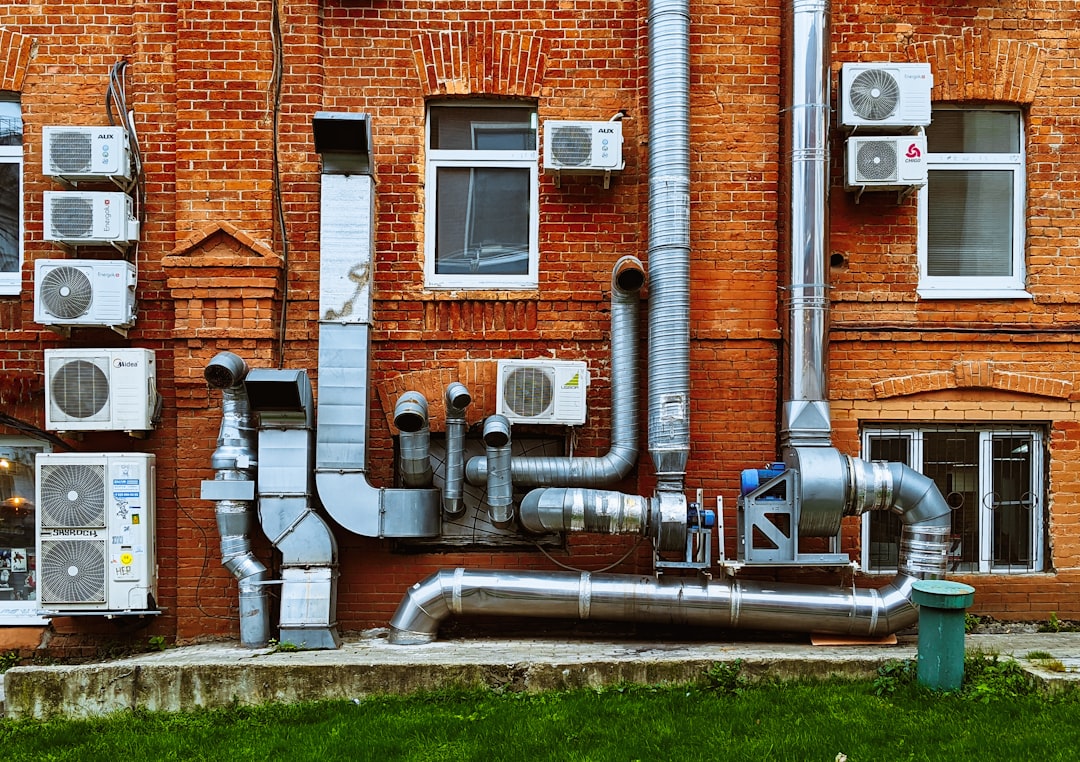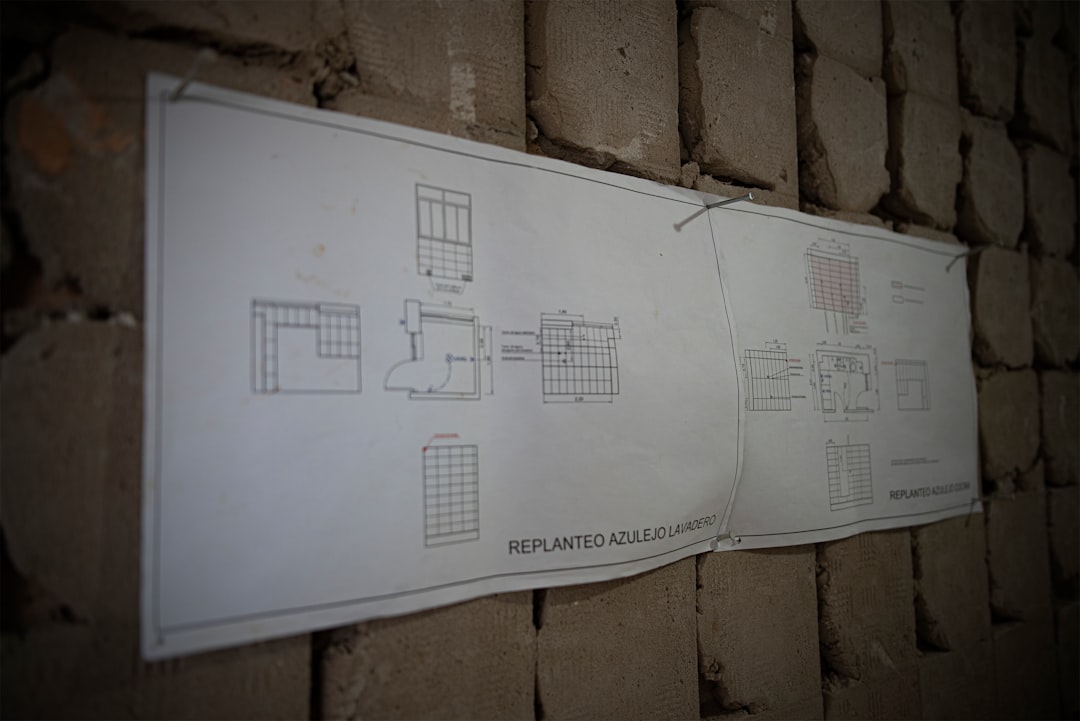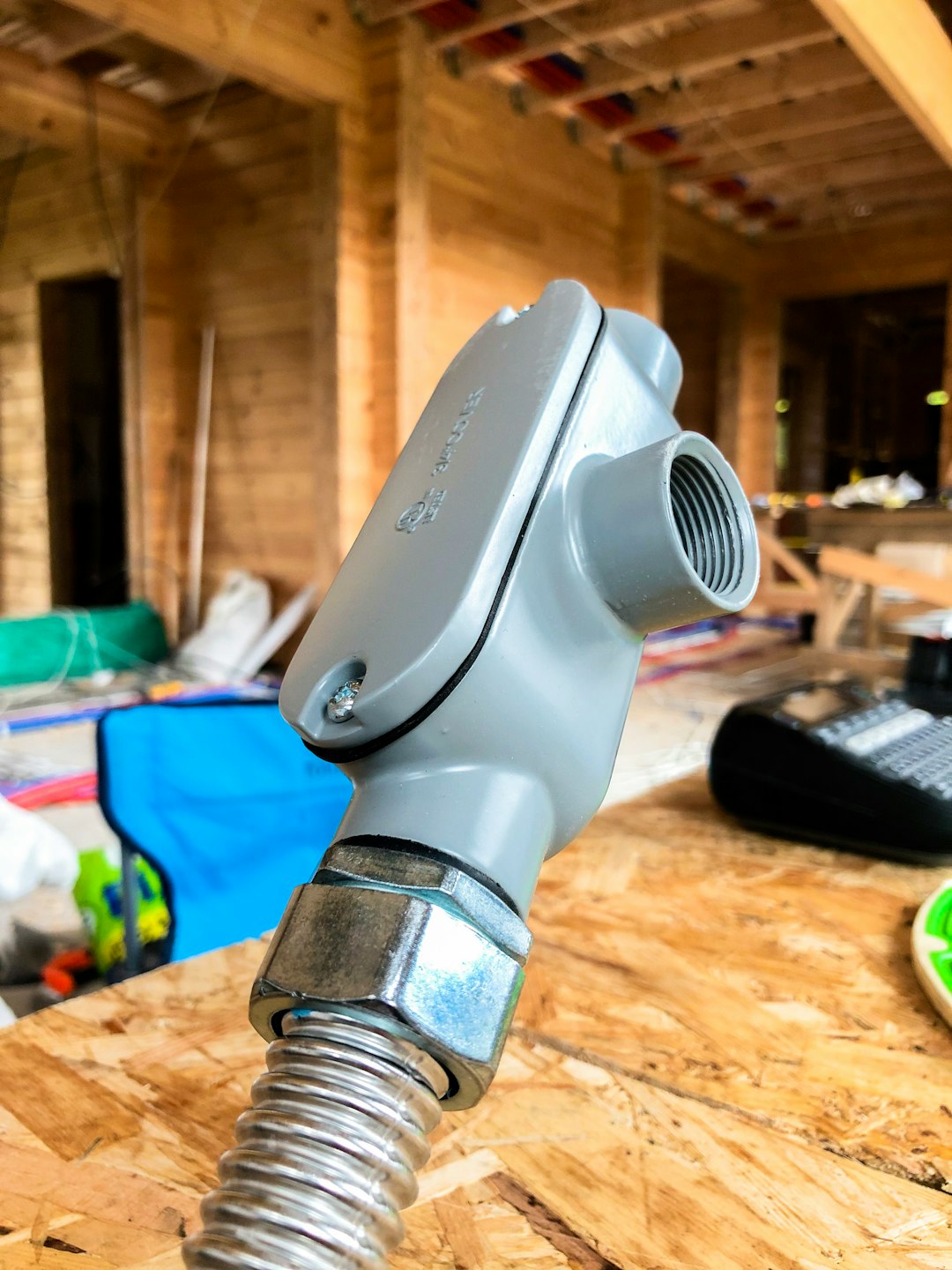In the real estate world, maximizing return on investment (ROI) is a top priority for property managers and owners alike. One often overlooked asset in this pursuit is the property’s own maintenance team. Rather than viewing them solely as a reactive force, strategic property managers are using maintenance staff to proactively boost the financial performance of their properties. Below are ten smart ways this can be achieved.
1. Preventive Maintenance Programs
Creating and following a preventive maintenance schedule reduces the chance of costly equipment failures and emergency repairs. These programs extend the life of HVAC systems, plumbing, roofs, and appliances, minimizing downtime and unexpected capital expenditures.
2. Energy Efficiency Improvements
Maintenance teams trained in energy management can spot inefficiencies before they become financial drains. Simple upgrades like sealing air leaks, installing LED lighting, and maintaining HVAC systems can reduce utility bills significantly and attract eco-conscious tenants.

3. Turnover Management
Quick and high-quality unit turnover helps reduce vacancy time. A proficient maintenance team can streamline cleaning, painting, and repairs, ensuring units are guest-ready in record time. Faster occupancy means better cash flow and less lost rent.
4. Regular Property Inspections
Routine inspections conducted by the maintenance crew help identify minor issues before they escalate into major expenses. Early detection allows for affordable fixes that prevent disruptions to tenants and protect property value.
5. Tenant Satisfaction and Retention
A responsive and respectful maintenance team improves tenant satisfaction. When tenants feel their needs are promptly and professionally handled, retention rates rise. Fewer turnovers mean lower marketing and leasing costs.
6. In-House Skill Development
Investing in certifications and training for your maintenance staff can reduce reliance on external contractors. Whether it’s electrical repairs, plumbing, or HVAC servicing, having a skilled in-house team saves money on third-party labor.
7. Capital Project Support
Large-scale renovations or additions may require oversight from trusted personnel. A maintenance lead familiar with the property and its systems can help manage vendors, ensure compliance, and uphold quality standards—streamlining project delivery and staying within budget.

8. Technology Adoption
Equip your maintenance team with mobile work order applications and digital inspection tools. This reduces paperwork, improves response time, and provides real-time status updates. Faster resolutions enhance tenant experience and operational efficiency.
9. Inventory and Asset Management
Your maintenance staff can also be tasked with managing tools, supplies, and parts inventory to avoid duplication and unnecessary expenditures. Keeping track of warranties and asset lifespans ensures timely replacements and budget planning.
10. Curb Appeal and Common Area Upkeep
First impressions matter. Regular landscape maintenance, painting, and cleaning of common areas by your team directly impact tenant perception. Well-maintained properties have higher market value and competitive rental rates.
Leveraging Talent for Long-Term Gains
Smart property managers recognize that investing in their maintenance team is a strategic move—one that not only supports daily operations but also contributes directly to ROI. With clear goals, ongoing training, and the right tools, your maintenance team becomes more than a cost center: they become a key driver of profitability.
Integrating these best practices unlocks the hidden potential of your maintenance operations, creating lasting value for both tenants and investors.
 logo
logo



